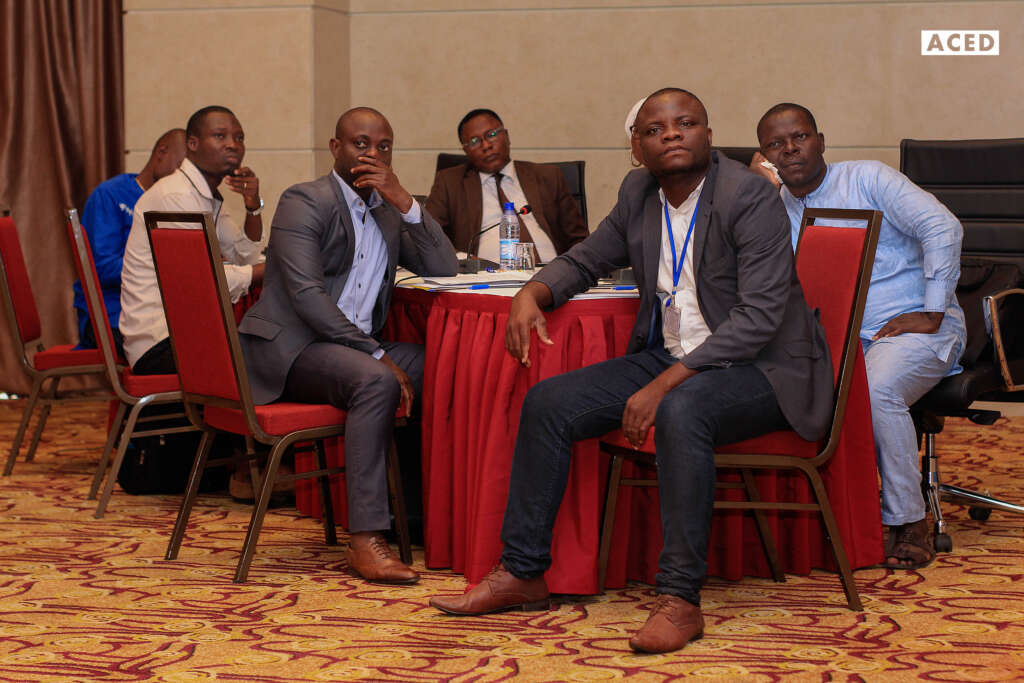For the organization to realize its mission, ACED will need to develop a strong, results-oriented approach that effectively harnesses the enthusiasm and support of its stakeholders. Towards this aim, we need to increase our effectiveness and efficiency through improved governance, impact measurement, generate learning and ensure sustainability.
Improving effectiveness and efficiency. A major change in our programmatic functioning will be a move from project-based interventions towards more mission-driven programmes and initiatives to which individual projects can contribute. In other words, ACED will strategically focus on the above three pillars that will form the basis of our interventions. By doing so, we will be able to increase the effectiveness of our activities and improve their alignment with our mission and vision. Where possible, we will develop partnerships on these pillars to create synergies and complementarities and make optimal use of resources to achieve more with less.
Improving governance. How we are governed will determine whether we achieve our mission or not. Therefore, ACED will reinforce its governance in a number of ways; first, internal management structures, including finance, human resources, and operations, will be improved to allow smooth implementation of our activities. Second, the composition of the Board will be improved and extended to ensure the organization is strategically driven by people with a shared vision and strong capabilities to achieve ACED’s goals. Moreover, we will expand our International Advisory Board to bring in more expertise and resources that can provide technical guidance to enhance our operations.
Measuring impact and fostering learning. As we work to empower communities with evidence-informed and lasting solutions for poverty and hunger, we are committed to measuring our impact. Since 2016, we have started integrating randomized control trials within our interventions design to rigorously measure the impact that is attributable to our work. In the coming years, we will adopt the most rigorous and cost-efficient methods to collect data and measure impact. Furthermore, we will continue to promote the systematic capture and sharing of knowledge, challenges and lessons to continually improve our approach and drive greater change.
Ensuring sustainability. Thanks to the support of various funders, ACED has been able to mobilize the required resources to pursue its mission. Over the last 10 years, trends in the organizational and project-level budgets have been positive. However, our current funding system is highly dependent on grants (80%), with income generated from delivered services accounting for just 20%. The sustainability of our interventions will depend on our ability to ensure the smooth flow of financial resources. To achieve this, ACED will first diversify its funding sources and ensure a better balance between grants and self-generated funding. In terms of grants, we will target funders that have a strong culture of flexible and ‘full cost’ funding. In addition to generating profit from services offered by the organization, ACED will explore innovative fundraising mechanisms. Our ambition is that by 2024, general expenses of the organization will be fully supported by non-grant related revenue so that funders’ dollars are purely invested into specific projects.



